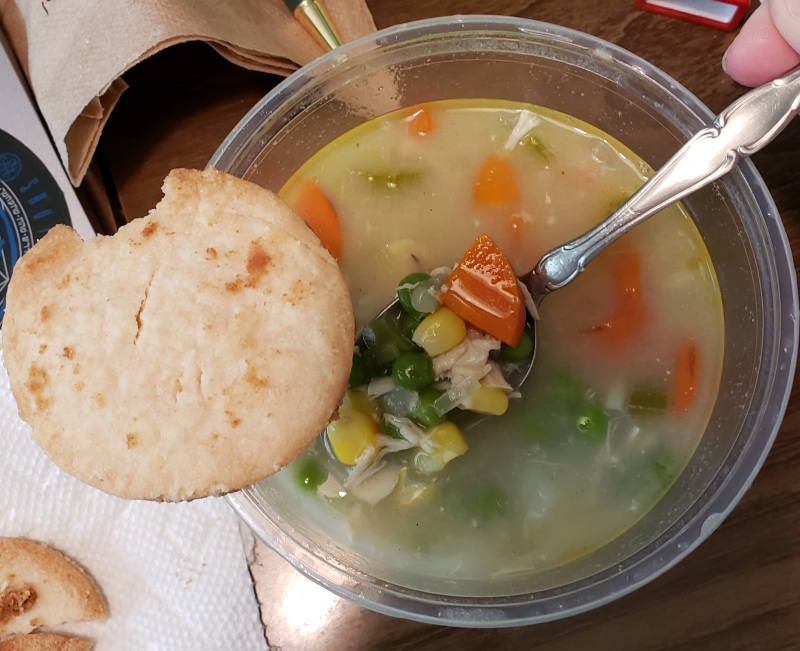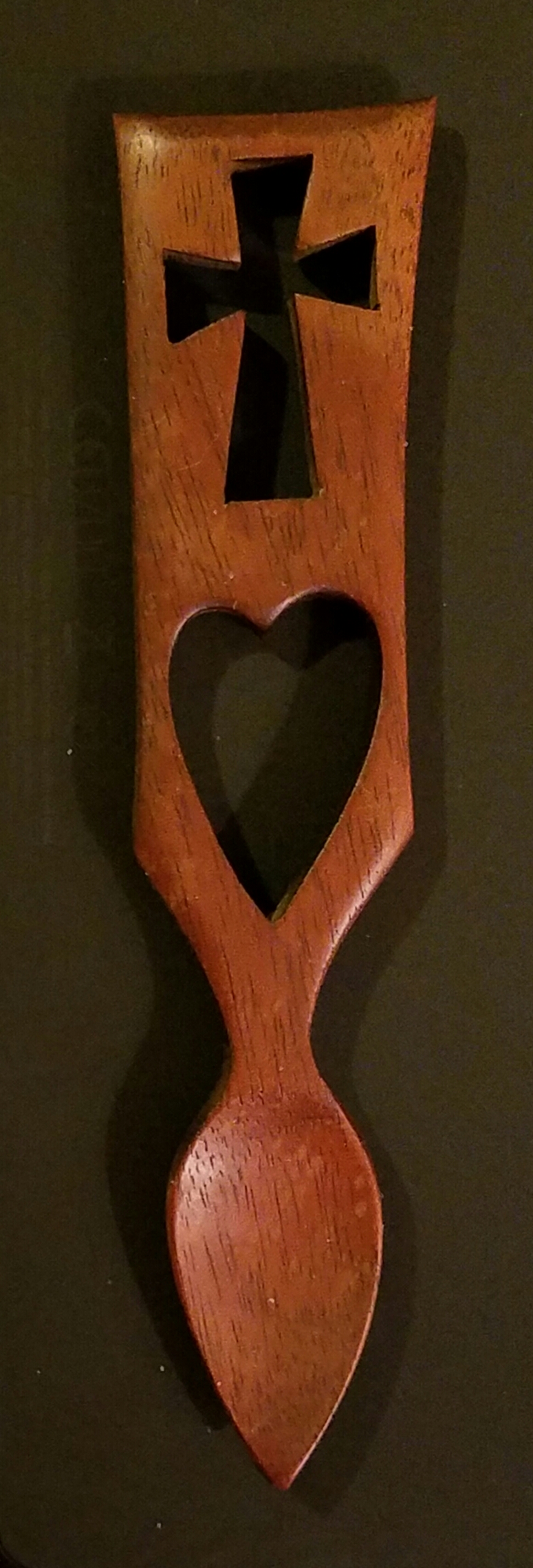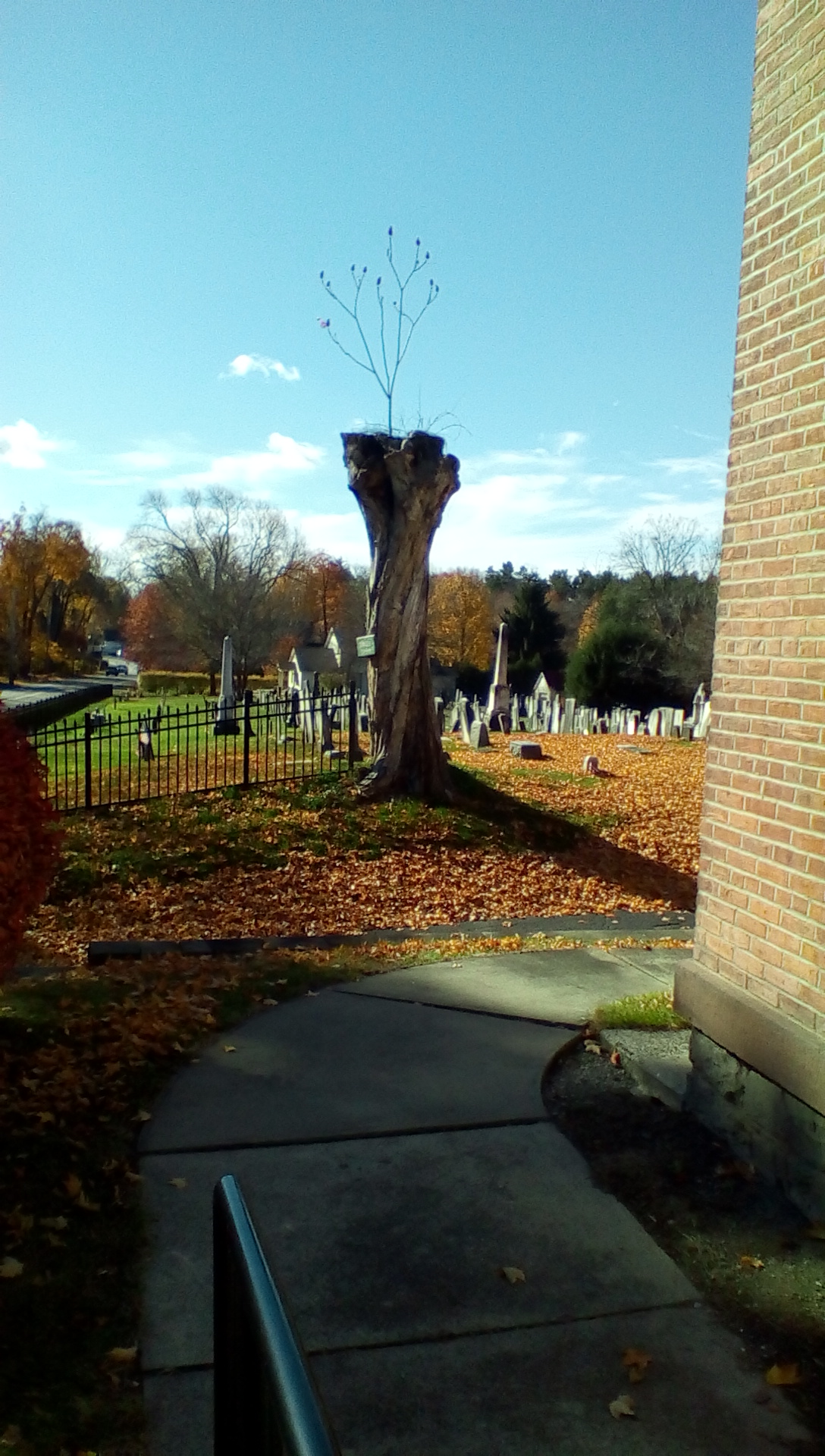I was out this weekend for some breakfast and holiday shopping, and I saw a man wearing a dark hoodie with an American flag on it, although it was black and white with a blue stripe for the middle stripe. I recognize this as a call out in support of law enforcement. I don’t disagree with supporting law enforcement when it’s called for, however there is a lot to be done to improve their strategies, especially when it comes to working with people of color and the mentally ill and people not necessarily mentally ill but in crisis in the moment they meet up with LEOs.
I am certainly not going to solve this problem in one blog post.
On the back of this hoodie, above and below the black, white, and blue flag was the phrase:
Blessed are the peacemakers,
For they will be called the children of G-d.
Matthew 5:9
I was drawn to it in a negative way. It bothered me. It bothered me enough to start writing about it here. Part of that is some of the study I’ve been doing this Advent season through readings and a couple of faith enrichment and scripture classes throughout the month of December.
I recognized that phrase as from Scripture, although my initial thoughts were incorrect in assigning it to Isaiah (his readings are quite prominent during Advent) rather than where it actually comes from: Matthew 5:9; the Beatitudes.
The entirety of the Beatitudes is contained in Matthew 5:3-11
Blessed are the poor in spirit, for theirs is the kingdom of heaven.
Blessed are those who mourn, for they shall be comforted.
Blessed are the meek, for they shall inherit the earth.
I won’t relay them here. You can google or open any Bible and read all of them. There is also an addition that Pope Francis expressed on an Ecumenical trip to Sweden in 2016 that can be read here.
Reading through this part of Chapter 5 of Matthew and getting to verse 9, it is clear to me that this Scripture is entirely misinterpreted by the people who created (and wear) that hoodie. The implication that law enforcement and military are the peacemakers is inconsistent and contradictory.
I also found it ironic that I saw this on the hoodie during Advent when we are reading the Book of Isaiah who prophesizes an unlikely peace among foes: the wolf and the lamb, the leopard and the kid, calf and lion, cow and bear, children and snakes (reversing Adam and Eve’s punishment in the Garden of Eden). (Isaiah 11:6-8)
When I see these types of scriptures on hoodies that promote law enforcement and military soldiers as peacemakers it just fills me with exasperation and even a touch of anger. The misinterpretation that soldiers are peacemakers and not warriors first is simply wishful thinking. This isn’t to say that all soldiers are bad; I don’t believe that, and I understand the need for a military. I understand that when the UN sends its soldiers they are called peacekeepers, and I get that too. Peace is the goal. The UN tries to be neutral despite arguments of its futility and the presence of its flaws. I think that neutral isn’t the objective though as much as fairness and the desired overall good of society.
Are the peacemakers the ones with guns? Or are they the ones with food? With books? With pens and clothes and shelter? The pen is mightier than the sword is it not? That aphorism (as wella s many others) credited to author Edward Bulwer-Lytton has been known similarly as far back as before Biblical sources including an Assyrian sage in 7th century BCE and Greek playwright Euripides using different words in place of pen: word, tongue. Talmudic and Islamic sources also reference words, both oral and written, a means of knowledge and peace as being stronger than the strength of the sword, a means of war. The implication being that with the pen/word being mightier, peace is also mightier than war.
It’s important that we call out these misuses of words and reclaim our Scriptures that have been corrupted and used in opposition to what they actually say.
War is sometimes necessary, but it shouldn’t be considered inevitable, nor should it be considered the path to the kingdom of heaven and to the discipleship of G-d.
Blessed are the poor in spirit; blessed are those who mourn; blessed are the meek; blessed are those who hunger and thirst for righteousness; the merciful; the pure in heart; those who are persecuted; those who are reviled and persecuted falsely on the account of Jesus.
And blessed are the peacemakers; those who make peace. They don’t force something they call peace on others; they create a lasting peace, an eternal peace.
Those are the peacemakers; they are the children of G-d.




